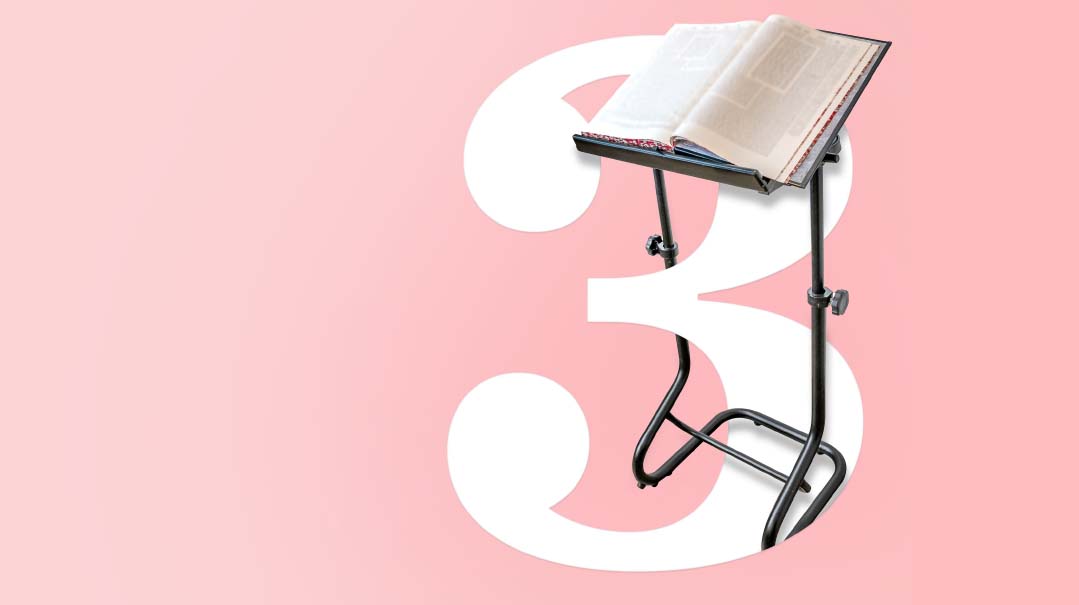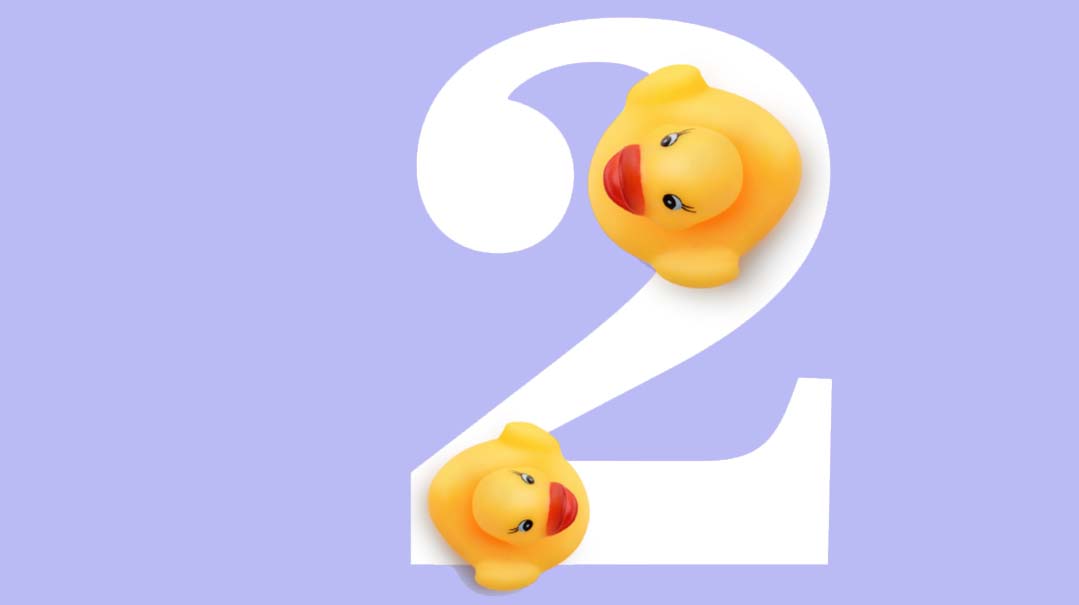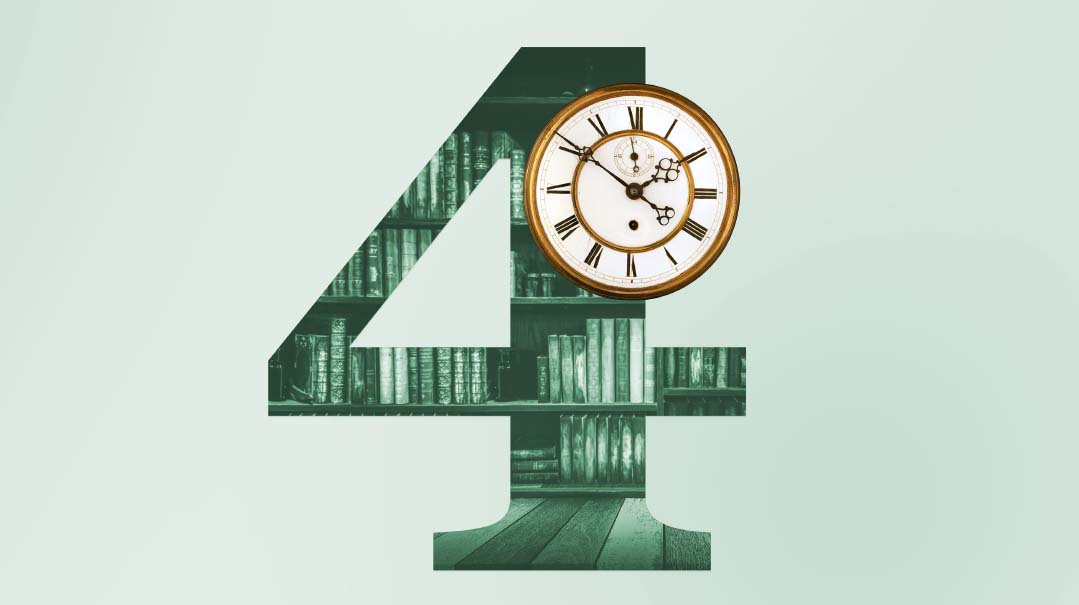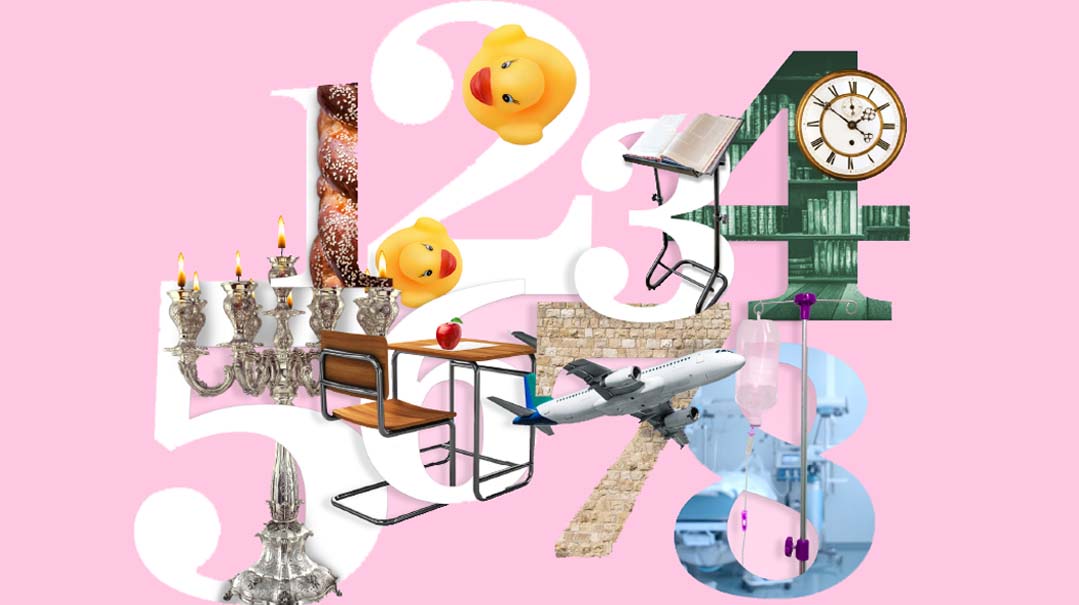Resolved
| November 23, 2021“For three years I was bothered by this! Three! Whole! Years!”

Walking in to a new yeshivah to take a farher was reason enough for my stomach to be doing backflips. Combine that with the fact that my sister’s wedding had been the night before, and Purim two nights before that, and despite the big-gulp coffee I’d inhaled on the way, it was no small miracle I that I could even manage to walk in. So when the rosh yeshivah asked me one of the questions that I had specifically prepared for, I seized the opportunity to dazzle him with my brilliance. Launching into a beautiful teretz to explain a difficult Rambam, I couldn’t help but smile as I finished my piece.
“Great!” the rosh yeshivah responded. “That’s a really good answer. In fact, that’s such a good answer, it’s really fascinating that we find Rishonim who ask this question anyway. How is it that they couldn’t figure out this answer that you could easily explain in a few minutes?”
I looked across the table, expecting the rosh yeshivah to answer his question. Instead, I was met by his expectant gaze, daring me to pull something together. Utter silence filled the room, and time slowed as I tried desperately to think of something, anything, that could answer his question. Finally, after a seeming eternity, I couldn’t handle the silence anymore.
“I don’t know,” I mumbled, unsure of where this would lead.
“Correct,” he responded. “You don’t know — and I don’t either. This question has been bothering me for over 30 years! If you would have been able to give a teretz on the spot, I would have felt terrible.”
Relief washed over me, and as we concluded the farher, I knew that I had been accepted.
Although I made the difficult decision to not attend this yeshivah, opting instead to learn in Eretz Yisrael, my interaction with this rosh yeshivah left an indelible impression. The lessons I had been taught about learning Torah, about thinking thoroughly and deeply about a question without immediately shooting off responses, the respect we must have for the baalei mesorah who came before us, and the humility to recognize that we don’t have all the answers, resonated deeply.
Throughout my two years I spent in Israel, I would routinely bring up the question and try to unearth a teretz.
Admittedly, however, it came to represent something else as well. While I loved the yeshivah I had chosen, my parents were far from thrilled at my being so far from home. Despite my protests, pleas, and prayers, I eventually found myself on a flight to Newark. I was devastated. The pain of being pulled from the place that had become my home made me question whether it had been worth going there at all.
The rosh yeshivah’s question came to represent an alternative destiny; a path I could have taken that would have avoided all my current frustrations. Every time I considered the question, I also considered whether I should have attended his yeshivah, whether I’d gained enough during the past two years in Jerusalem.
I worked my way through the next year, trying to slowly put myself back together again. I was blessed with a great chavrusa, and we shteiged together in a way that I didn’t know I could. Still, I couldn’t shake those nagging doubts.
Until Rosh Chodesh Adar. That’s when we began the sugya that I had been learning at the time of my farher all those years ago. We worked through the sugya, making sure to delve into each point. Then we came across another difficult Rambam. As we discussed it, along with a different Rambam I had learned from a rebbi of mine in Eretz Yisrael, our discussion turned to the question from the farher until — wham! — I slammed the table with both hands, causing everyone in the beis medrash to turn. I couldn’t have cared less.
“Three years!” I bellowed across the table, vaguely aware of the small crowd gathering to look on. “For three years I was bothered by this! Three! Whole! Years!”
I lunged across the table, grabbing my chavrusa’s arm with one hand, and pointing at the line in the Rambam we had just been reading with the other. “But now?” I paused for effect, savoring the moment. “Now we have a teretz!”
At that moment, I felt the weight of three years of uncertainty fall off of my chest. I thought back to the hours spent discussing this question with my friends and chavrusas, the little bits and pieces I’d picked up from different shiurim, the threads that had all finally come together in harmony.
And I understood that, while we don’t always have the answers, I finally had mine.
Boaz Bachrach is a student at Ohr Hachaim — Lander College for Men in Queens, New York.
(Originally featured in Mishpacha, Issue 887)
Oops! We could not locate your form.






